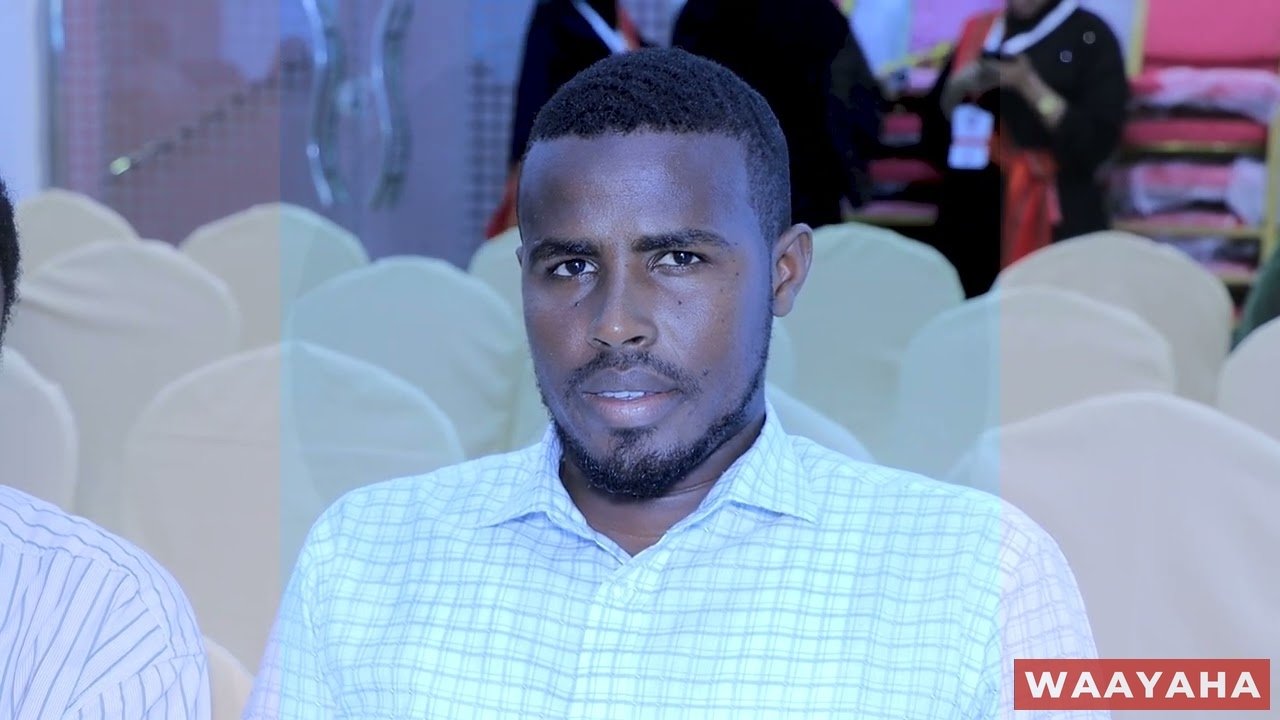In a momentous occasion celebrated with immense joy and gratitude, the Somali people witnessed the repatriation of a priceless collection of historical manuscripts and cultural artifacts. This remarkable achievement was made possible through the unwavering efforts of Somali scholars, Italian institutions, and international cooperation, underscoring the profound significance of preserving a nation’s heritage for future generations.
The event, held in Mogadishu, marked the culmination of a long journey that began with the safeguarding of these invaluable treasures during a period of turmoil in Somalia’s history. Among the distinguished guests were Prof. Annarita Puglielli from the University of Roma Tre and the Italian Institute for African Studies, as well as Somali scholars and dignitaries, including Dr. Abdalla Cumar Mansur and Member of Parliament Abdullahi Roble.
During the tumultuous times when Somalia lacked international recognition, these individuals recognized the urgency of protecting the nation’s cultural legacy. Their foresight and determination ensured that these manuscripts, some dating back over 200 years and containing invaluable insights into Somali history, traditions, and wisdom, were preserved for posterity.
Prof. Abdalla Cumar Mansur, a leading Somali scholar, expressed his profound gratitude to the Italian government and its people for their unwavering support and collaboration in this endeavor. He emphasized the immense value of these manuscripts, some of which were written as early as 1008 CE, and their significance in understanding Somalia’s rich heritage.
The repatriation of these cultural treasures is not merely a symbolic gesture; it represents a tangible step towards empowering Somali scholars, researchers, and the broader community to rediscover and celebrate their roots. Prof. Mansur extended an invitation to Somali intellectuals, academics, media professionals, and civil society organizations to engage with these manuscripts, fostering a deeper understanding of Somali identity and promoting cultural awareness.
This remarkable achievement was made possible through the joint efforts of the Somali government, Italian institutions, and international partners. The Italian Ambassador to Somalia, Mario Favetti, played a pivotal role in facilitating this endeavor, underscoring the enduring bond between the two nations and their shared commitment to preserving cultural heritage.
Looking ahead, Prof. Mansur announced the upcoming International Congress of Somali Studies, scheduled for December 5-10 in Mogadishu. This event, the first of its kind to be held in Somalia since 1935, will provide a platform for scholars and experts to delve into the significance and meaning of these manuscripts, ensuring that their legacy is passed on to future generations.
The repatriation of these Somali cultural treasures represents a powerful symbol of resilience, unity, and the indomitable spirit of a nation determined to reclaim its identity. It serves as a testament to the transformative power of international cooperation and the profound impact that preserving cultural heritage can have on fostering understanding, pride, and a shared sense of purpose among a people.
As Somalia embarks on this new chapter, the world bears witness to the enduring strength of a nation that has weathered countless challenges, emerging with a renewed commitment to safeguarding its rich cultural tapestry for generations to come.













